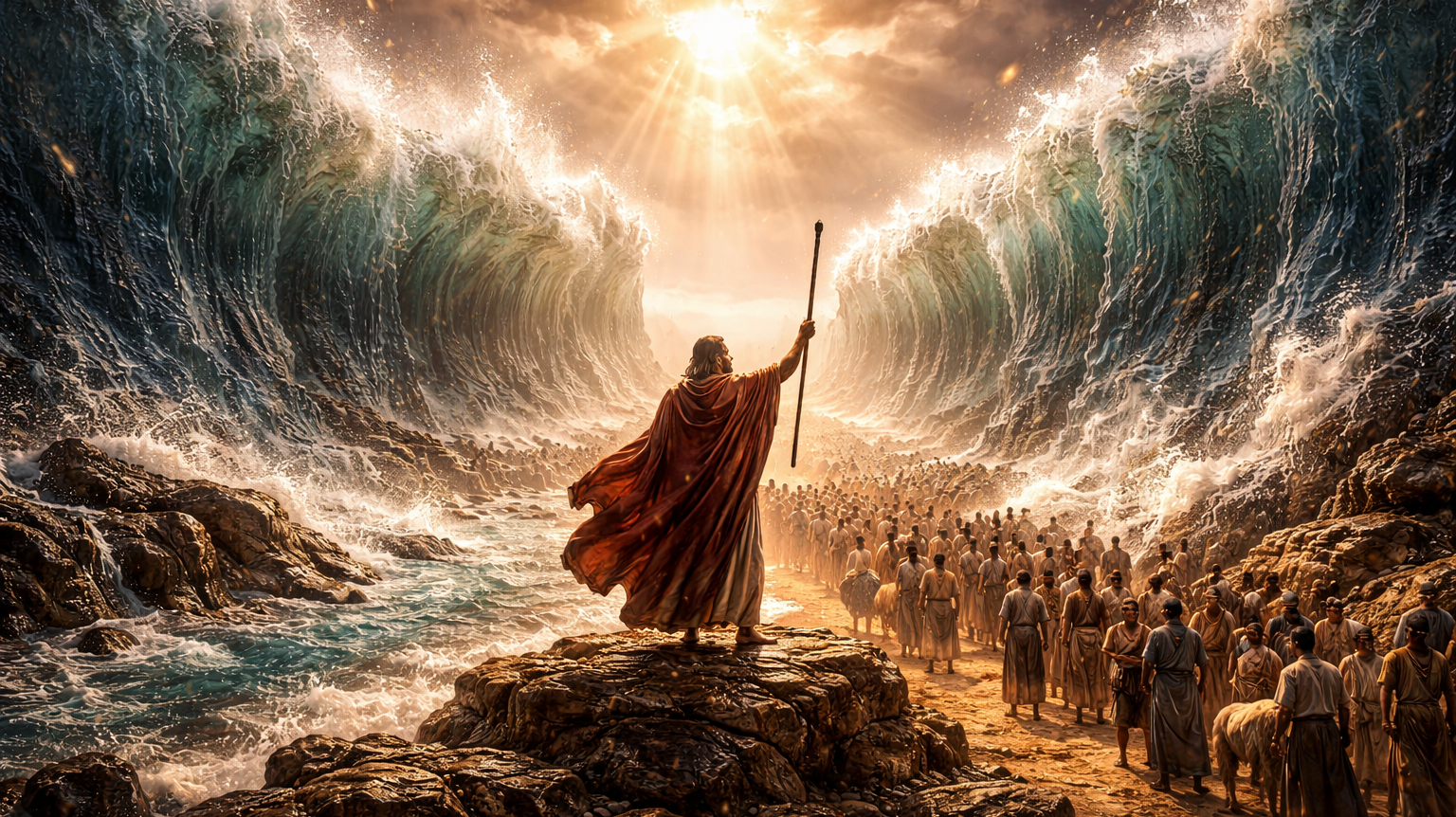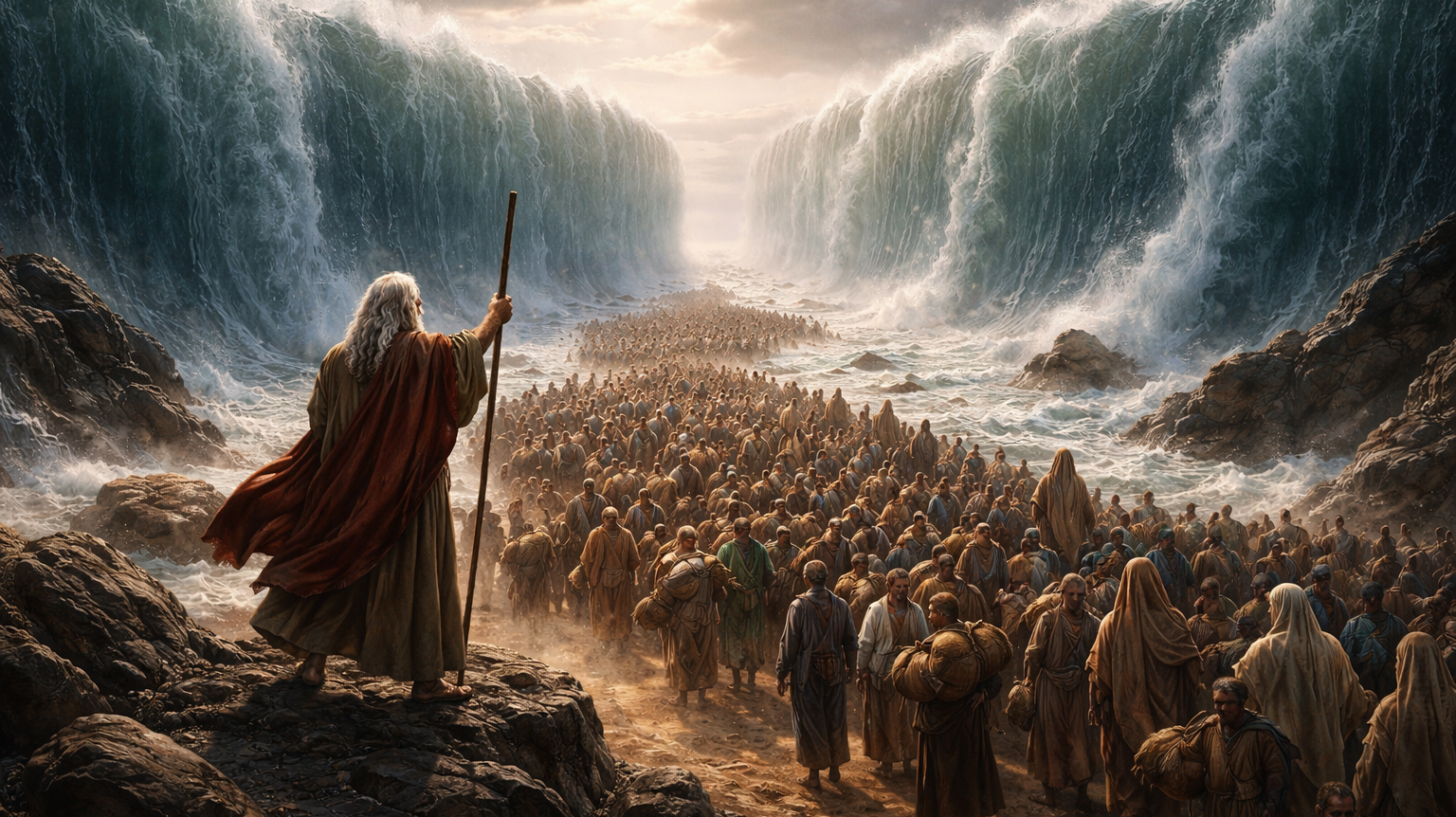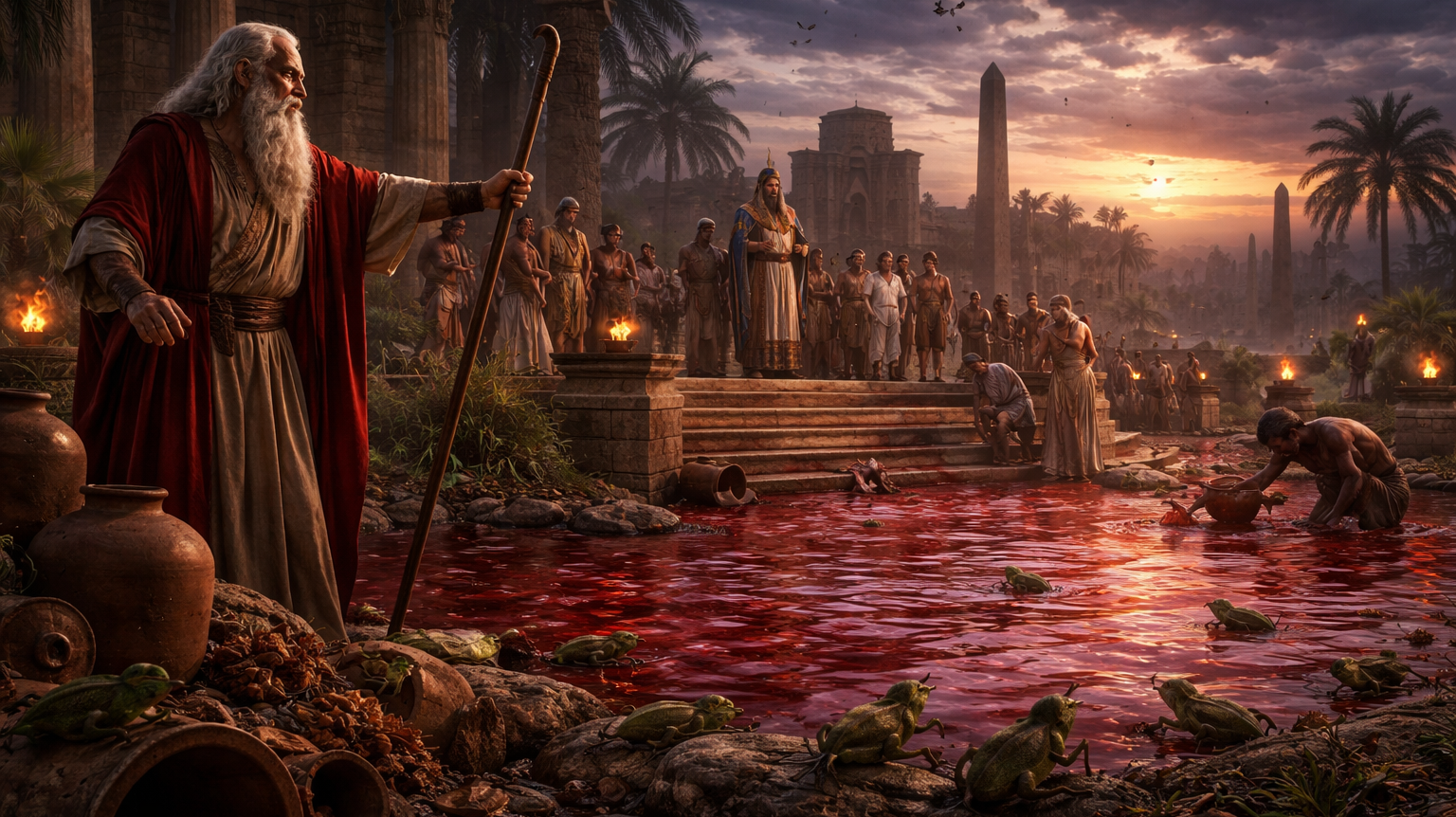The book of Micah, tucked between Jonah and Nahum, might be small, but it carries a powerful message. Micah was a prophet who boldly called out sin and injustice while pointing toward hope and restoration through the Messiah. Let’s look at 10 fascinating facts about this faithful prophet.
1. Micah Prophesied During Three Kings’ Reigns
Micah’s ministry spanned the reigns of Jotham, Ahaz, and Hezekiah, kings of Judah. This placed him around the same time as Isaiah.
Micah 1:1 – “The word of the Lord that came to Micah of Moresheth in the days of Jotham, Ahaz, and Hezekiah, kings of Judah...”
2. Micah Was From a Small Town
Unlike prophets from big cities, Micah came from Moresheth, a rural town in Judah. This shaped his heart for the common people and gave him a sharp view of the injustice happening in powerful cities.
Micah 1:1 mentions: “Micah of Moresheth...”
3. He Spoke Out Against Social Injustice
Micah boldly condemned the wealthy and powerful who took advantage of the poor. He had a strong message about caring for others and living with integrity.
Micah 2:1-2 – “Woe to those who plan iniquity... They covet fields and seize them...”
4. Micah Predicted the Fall of Samaria and Jerusalem
Micah warned that both capital cities—Samaria (Israel) and Jerusalem (Judah)—would fall because of their sins.
Micah 1:6 – “Therefore I will make Samaria a heap of rubble...”
5. He Called for True Worship, Not Empty Rituals
Micah challenged the idea that God only wanted offerings and rituals. Instead, he spoke about what really pleases God: justice, mercy, and humility.
Micah 6:8 – “He has shown you, O man, what is good... To act justly and to love mercy and to walk humbly with your God.”
6. He Foretold the Birthplace of the Messiah
Micah prophesied that the Messiah would be born in Bethlehem. This was fulfilled when Jesus was born there.
Micah 5:2 – “But you, Bethlehem Ephrathah... out of you will come for me one who will be ruler over Israel...”
7. Micah Spoke of a Future Kingdom of Peace
He envisioned a day when nations would no longer fight and people would live in peace under God’s reign.
Micah 4:3-4 – “Nation will not take up sword against nation... Everyone will sit under their own vine and fig tree...”
8. He Used Vivid Imagery and Poetry
Micah’s writing is poetic and full of striking images—like melting mountains, weeping like jackals, or houses being taken from families.
Micah 1:4 – “The mountains melt beneath him... like wax before the fire...”
9. His Name Means “Who Is Like the Lord?”
The name Micah comes from the Hebrew Mikayahu, meaning "Who is like Yahweh?" The final verse of his book echoes this very question.
Micah 7:18 – “Who is a God like you, who pardons sin and forgives the transgression...”
10. Micah’s Prophecies Helped Spark Revival
Jeremiah 26:18-19 tells us that Micah’s words caused King Hezekiah to humble himself and turn back to the Lord, helping Judah avoid judgment at that time.
Jeremiah 26:18 – “Micah of Moresheth prophesied in the days of Hezekiah... Zion will be plowed like a field...”
Summary Table
| Fact | Highlight Verse | Key Message |
|---|---|---|
| 1. Prophesied during 3 kings | Micah 1:1 | Long-term ministry |
| 2. From Moresheth | Micah 1:1 | Rural prophet |
| 3. Fought injustice | Micah 2:1-2 | Justice matters |
| 4. Predicted city falls | Micah 1:6 | Judgment is real |
| 5. Called for heart worship | Micah 6:8 | Justice, mercy, humility |
| 6. Messianic prophecy | Micah 5:2 | Jesus' birthplace |
| 7. Peaceful kingdom | Micah 4:3-4 | God's future reign |
| 8. Poetic imagery | Micah 1:4 | Vivid warnings |
| 9. Name meaning | Micah 7:18 | God's mercy |
| 10. Sparked revival | Jeremiah 26:18 | Prophecy changed hearts |
























